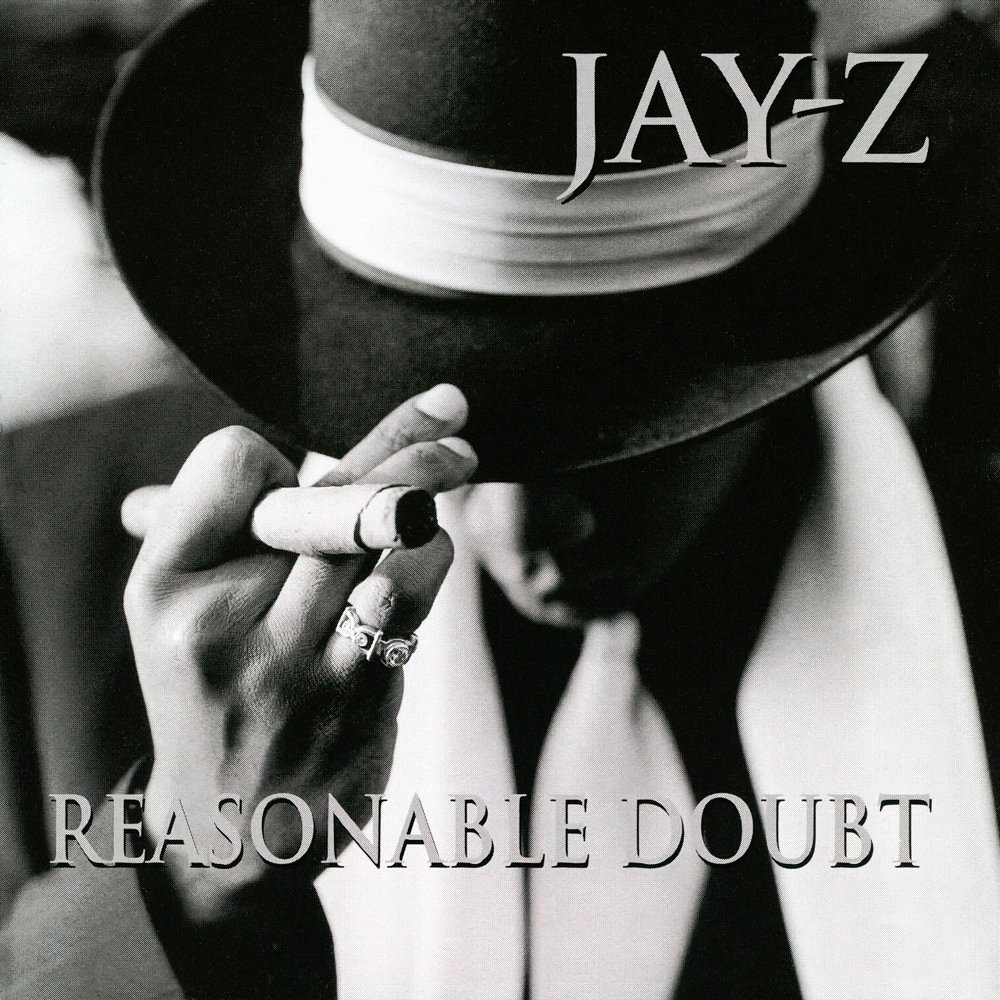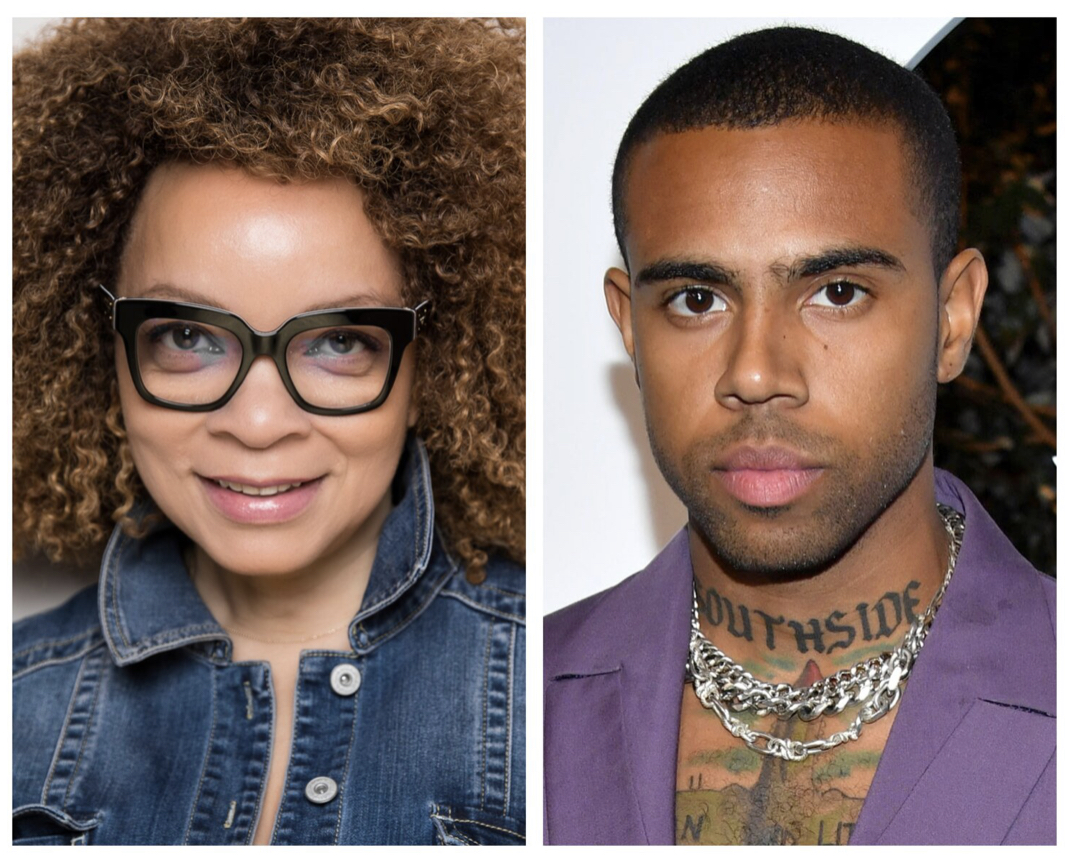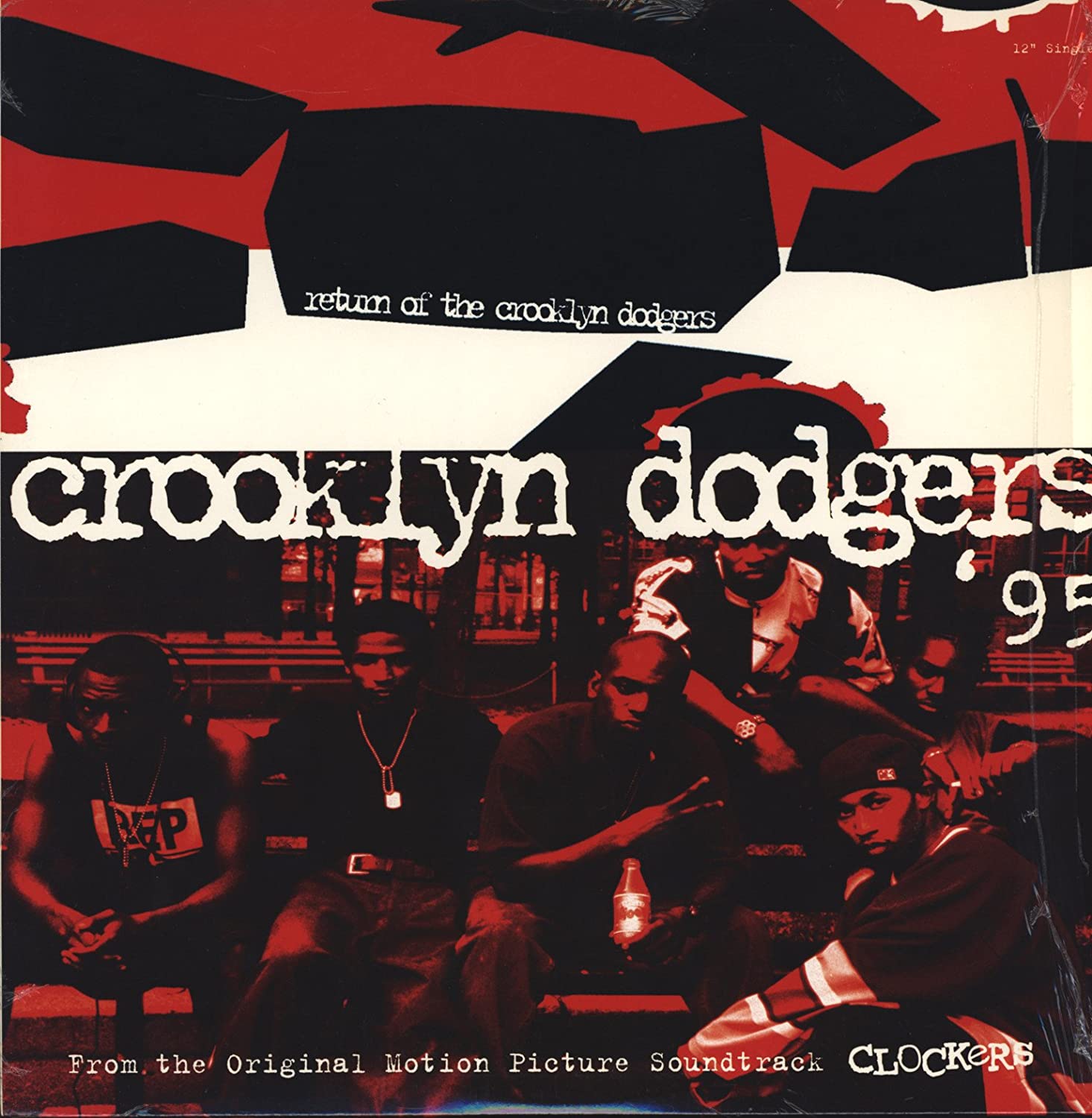From the mournful wails of black funeral precessions in the steaming hot South, through the work songs of those unfortunate spirits who toiled in the chain gangs of yesteryear, the soulful utterances of African-Americans and their forefathers are the soundtrack to the growth and development of America that have acted as the root of all other distinctly American music genres.
The importance of the '80s to the creation, proliferation, and growth of contemporary African-American music cannot be overstated. The 80s were an era of crack cocaine, Reaganomics, and the top-secret Cold War military operations, but was also a transformative decade for music created and inspired by African-Americans.
At the dawn of the 1980s, the United States was reeling from successive blows to its economy as bankruptcy and corruption ran rampant in the corporate world. Its military readiness was constantly being tested by the Soviet Union. To add drama, President Jimmy Carter did not have the confidence of the people. Many of us who grew up around this time recall believing a nuclear war was imminent. Paranoia of hostilities between the United States and the Soviet Union were high. While in local areas and cities like New York, crime rates were at skyscraper highs and unemployment rates were taller.
Soothing the people and communicating frustrations, there was an underground sound that started in the slums of The South Bronx. Although it was birthed in the '70s, it became a nationwide phenomenon in the 1980s thanks in part to the mainstream exposure of films like Chuck Ahearn’s Wild Style (1983) as well as Breakin’ (1984) and Beat Street (1984).
But it would not be until the decade was nearly over before hip-hop would balloon into the international powerhouse it would eventually become. No longer considered a novelty act by the major labels as Run DMC and the Beastie Boys led hip-hop’s charge into the mainstream, Eric B. and Rakim would change the game entirely with Eric B. For President. Rakim’s cadence and word play were so profound that they caused other rappers to change their flow entirely to match his style. Rakim would become the first rapper to sign a million dollar record deal.
Leading hip-hop's strong charge were such acts as Boogie Down Productions (featuring KRS One), The Juice Crew (Featuring Marley Marl, Big Daddy Kane and Biz Markie), Salt-N-Pepa, and N.W.A. with members Dr. Dre, Ice Cube, Eazy E, Arabian Prince, MC Ren and DJ Yella.
The '80s was the decade of metal accessories and name belt buckles, spiked bracelets, and spray-painted zodiac sweatshirts. Run DMC rhymed about Adidas. While Michael Jordan’s signature Air Jordan from Nike quickly become the preferred shoe of young emcees and basketball players alike.
The '80s is the decade that saw Michael Jackson make his transition from the lead singer of the Jackson 5 to an international superstar. He would start the decade with Off The Wall (1983), which some say was his most soulful album ever. And then he went on to rule and become the King of Pop with hit singles like "Rock With You," "Human Nature," "Beat It," "Billie Jean" and, of course, "Thriller."
Prince took things a step further by meshing funk, soul, rock and roll to form his own unique blend as he released a whopping nine studio albums in the '80s (Dirty Mind (1980), Controversy (1981), 1999 (1982), Purple Rain (1984), Around the World in a Day (1985), Parade (1986), Sign “O” the Times (1987), Lovesexy (1988) and Batman (1989).
During this time, the lines between soul music and pop became increasingly translucent as artists like Lionel Richie and Luther Vandross garnered success with multiple platinum albums by masterfully mixing pop and soul. Richie garnered his first #1 song as a solo artist with "Truly," while Vandross’ most beloved singles were his number one hits with classics like, "Never Too Much," "Stop to Love" and the Gregory Hines duet "There’s Nothing Better Than Love."
The beautiful 1980s was also considered the golden age of the funk band with Earth, Wind and Fire, The GAP Band, Kool and the Gang, Frankie Beverly and Maze and others providing the times with a steady stream of high-quality, multilayered music to groove to at the local block party, Fourth of July BBQ or blue light in the basement party. Each of the aforementioned groups released albums in the '70s, but they were able to take their commercial notoriety to the next level in the '80s. Anyone with even the slightest amount of rhythm could not resist the funk inspired vibes of "Groove Tonight," "Outstanding," "Joanna" and "Before I Let Go."
The '80s became the age of the diva as Whitney Houston, Patti LaBelle, Anita Baker, Tina Turner and Janet Jackson all enjoyed phenomenal success.
But black folks weren't the only ones rocking. The '80s saw a significant proliferation of pop radio-friendly, blue-eyed soul, as the likes of Hall and Oates, Phil Collins, The Eurythmics and Steve Winwood all cashed in.
In the Midwest, the soulful sounds of deep house music grow in popularity after gaining a hold in Chicago. Eventually it would be carried over to Detroit where its sound would become more electronic and synthesized. And down South, in Miami's neck of the woods, Miami Bass became a popular addiction with such groups as 2 Live Crew gaining notoriety and infamy. If you took a plane a couple hours up to the nation's capitol, DC-based go-go music rocked the area as Chuck Brown solidified his place in music history opening the door for E.U. to come to prominence.
While the '60s and '70s are considered the Golden Age of African-American musical creativity, the 80s harkened the arrival of hip-hop music and the demise of commercially viable funk. It was both the best and worst of times in music with certain styles falling from prominence at the close of the decade. Although other forms of music would gain worldwide acceptance as their popularity waned in the United States, the '80s will always be loved, and never forgotten.



